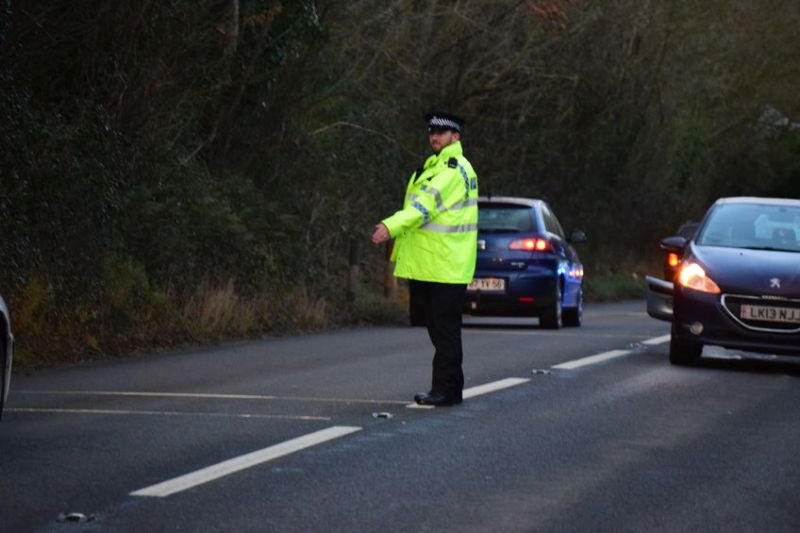
More than 100 officers and volunteers from seven police forces across the north of England worked together overnight in a bid to tackle rural crime.
The multi-force Operation Checkpoint ran from the afternoon of Thursday 16 May until the early hours of Friday 17 May 2019.
In total, 40 vehicles were stopped and checked, and a number of traffic offence reports and court summons were issued.
In addition, two men from outside North Yorkshire were arrested in the Craven area on suspicion of possession with intent to supply drugs.
The operation involved officers, staff and volunteers from North Yorkshire Police, Lancashire, Northumbria and other police forces across the UK.
It went ahead to help provide reassurance to those in rural communities by combating criminals who operate across force boundaries.
It comes as rural crime cost the British countryside an estimated £44.5m in 2017. With an increase of 13.4% on the previous year, rural crime is rising at its fastest rate since 2010.
Biggest operation of its kind
Covering a huge rural area, Checkpoint is the biggest operation of its kind in the country, and one of the longest-running - this being its 22nd deployment.
In North Yorkshire, more than 30 officers from Neighbourhood Policing Teams, the Rural Taskforce and Proactive Policing units worked in the border areas in the north and west of the county, specifically targeting cross-border offenders.
They were boosted by the support of volunteers from six Mobile Rural Watch schemes.
Inspector Jon Grainge, from North Yorkshire Police’s Rural Taskforce, said police and volunteers took the opportunity to speak to people about the importance of crime prevention measures, which are 'important' in the fight against rural crime.
“As always, their support was invaluable, and they demonstrated their enthusiasm and continued commitment to tackling rural crime and the problems associated with it.
“Operations like this are really important in bringing communities together and keeping them safe. By working closely in, and with, our rural communities, we can prevent crime before it happens, and bring criminals to justice,” he said.
